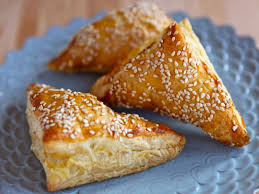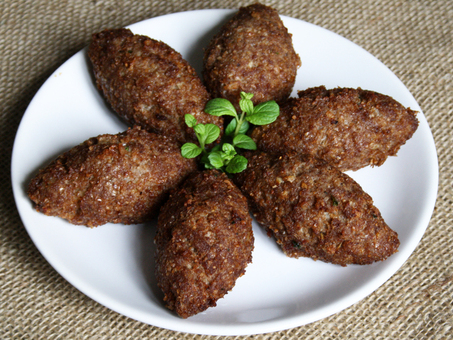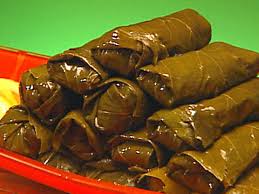Tetzaveh focuses on the clothes worn by the Kohen Gadol, the high priest. This is a great story – what is the connection to the Torah portion? What values is the story trying to teach?
====
In Turkey, there once was a man who sold coals. His name was Marko. He had a large family, and walked around town selling coals. He was able to sell coals, and with that he eked a living for himself and his family. At the end of every day of work, he would sit on a stone, look at the moon and say:
Dear moon, dear moon, Marko is happy today too.
And he would get up, go home, and feed his family. He had five children, and always arrived in a good mood, making jokes and bringing happiness to his home. It was because he was always with a smile and a good cheer, and always knew how to make conversation flow, that Marko was invited to the weddings and celebrations of the rich people. But he always arrived in his old, tattered coat, and was always smelling of coals. And so he was always sat on the last chair at the very end of the table, and was always served the least appetizing of the burekas and the kubes, the last of the hummus and the hardest meat, the most shriveled of the stuffed grape leaves. But he was happy to come home and be one less mouth to feed, and be able to give a little more to his family.



One day, a rich man to whom Marko sold coals said to him: “Marko, I went to our holy city, Jerusalem, to empty my father’s house. I found this very beautiful coat, and I wanted to give it to you, my dear, because you have sold me coals all my life.” Marko took one look at the coat and knew it was simply not for him. It was beautifully ornamented, made with silk and gold threads, and red dashes and it was amazing and almost unused, if a little old. It had enormous pockets. But the rich man would not take no for an answer. And so Marko eventually took the coat home.
When he got home, his youngest child asked: “Abba, what’s in the bag?” Marko said: “A coat. But it is not for me.” And they all saw it, and all agreed, that coat was for a rich person.
A few weeks later, Marko got invited to another wedding. And as he was about to leave, his youngest child said: “Abba! Go with the beautiful coat this time!! It is better than what you are wearing!” And Marko agreed. He took the coat out of the wardrobe and put it on, pretending he was a prince. He took the broom and pretended to ride it, while showering the “audience” with kisses and weaving. All had a great laugh, and Marko left to the wedding banquet.
As he arrived there, the waiters saw the beautiful coat he was wearing, and put him at the best spot for the best food. All those sitting near him were talking to him about how high taxes were this year, and how it rained too much for the grapevines and too little for the cucumbers. Marko pretended he was interested, but as the food was coming through, he realized it was the best burekas, and kubes, and stuffed grape leaves and salads. And so as he was talking to people, he would stop and fill the pockets, saying: “Eat, my coat, eat!” And all the guests looked at him in amazement.
When he had the pockets of the coat full to the brim with food, Marko thanked the guest, gave a blessing to the bride and groom, and went home. As he did so, he stopped, sat on a rock and said to the moon:
Dear moon, dear moon, Marko is happy today and the coat is happy too.
When he arrived home, his family ate all the delicacies he brought, and that night, they truly had a feast.
Adapted from “Tochal, Me’il, Tochal” by Ronit Chacham and Shirli Vaisman
